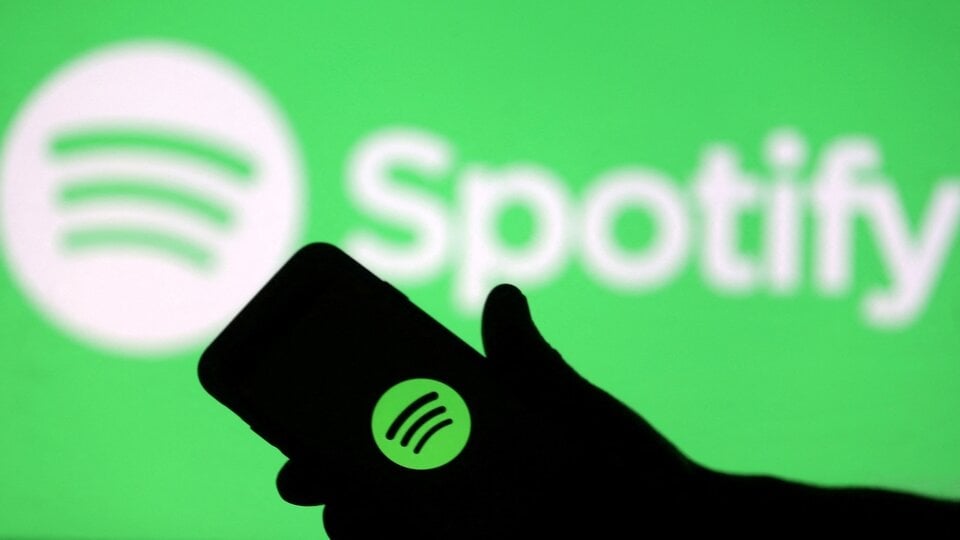Spotify has restricted access to its internal data to third-party developers, sparking speculation that the move is to prevent user and music data from being used to train artificial intelligence models.
In a Spotify for Developers blog post on Wednesday (November 27), the streaming service announced that third-party developers will no longer be able to access certain types of data from Spotify.
Spotify said the changes were made to “create a more secure platform.”
Access to features including recommendations, related artists, featured playlists (that is, playlists created by Spotify’s own algorithm), category playlists, and 30-second preview URLs has been blocked.
Audio functionality and audio analysis are also blocked. Audio features describe the qualities of a track, such as pitch, tempo, “acousticity” (whether the track is acoustic or not), as well as “danceability” and “energy”.
The audio analysis feature provides information about the track, such as beats per minute (BPM) and the song’s melodic structure.
These changes only apply to new third-party applications. Existing apps will continue to have full access to the above features, as will apps in development that have applied for an extension.
On Spotify’s community forums, third-party app developers speculated that the changes were intended to thwart the efforts of artificial intelligence developers to scrape music data from the Spotify platform.
“I don’t think this is a security issue, but a way to limit competition,” one community user wrote.
“They have been planning to release an AI playlist creation feature, which if I remember correctly would add more track data to their native apps, and this is a way to curb any apps that use these endpoints from potentially interfering with these features. methods of competition.
“Let’s face it, this isn’t about security or user privacy, it’s about the data used to train the AI models,” another user wrote.
Spotify has been rolling out artificial intelligence-powered features over the past few years, including “AI DJ,” which is currently available in about 50 markets around the world, including the United States, the United Kingdom, Canada, Ireland, Australia, New Zealand and South Africa.
The platform’s AI playlist feature launched earlier this year and has expanded from the UK and Australia to the US, Canada, Ireland and New Zealand.
Some music companies have previously expressed concerns about AI developers using streaming services to scrape data for their models.
2023, for financial times Report, universal music group Write to Spotify and apple music Streaming services are asked to prevent artificial intelligence services from scraping melodies and lyrics from UMG’s copyrighted songs.
“We are committed to providing a safe and secure environment for all Spotify stakeholders.”
Spotify Community Manager
Spotify’s recent moves have proven controversial among third-party developers who use the platform’s API to create apps for Spotify users. (An API is a piece of software that allows two different software applications to communicate with each other. This is a common way for third-party developers to build applications that integrate with services, such as Google, fort nightOr Spotify.
Some third-party developers expressed anger at the announcement, which was made suddenly and without prior notice.
“I’m trying to make an app that helps users build playlists by finding great track candidates, building a queue, and pushing them as playlists to Spotify (for DJ-like power users),” one community user wrote.
“It would be nice to at least get some notifications. I was actually in the middle of coding when my entire app basically died… There’s no other place to get data like this, so you’ve actually ruined the past few months for me work.
“We are committed to providing a safe and secure environment for all Spotify stakeholders,” Spotify’s community manager wrote.global music business

